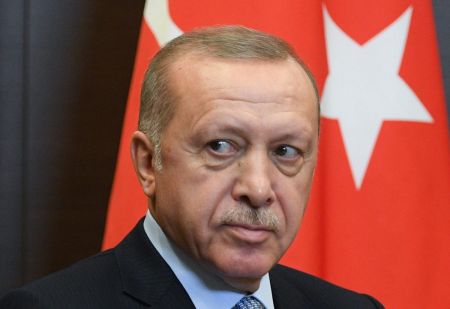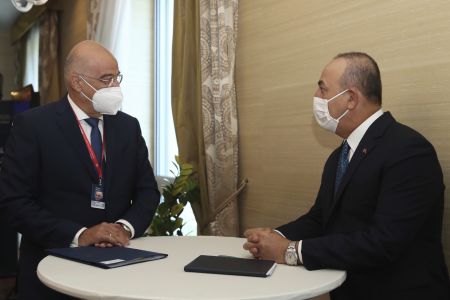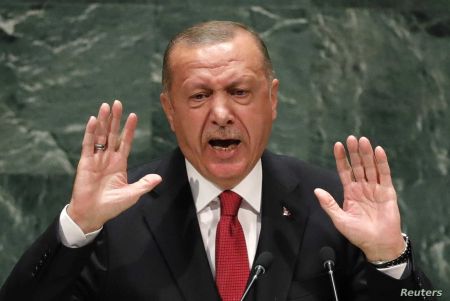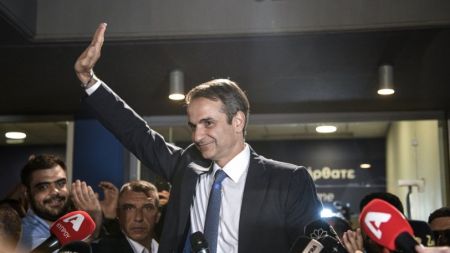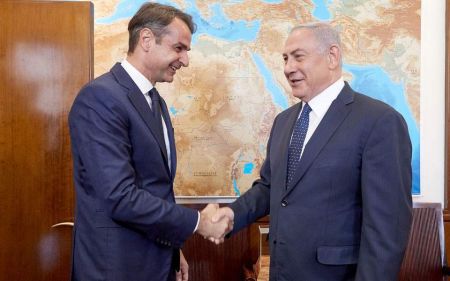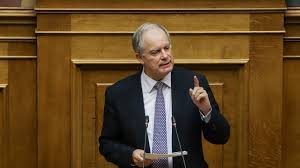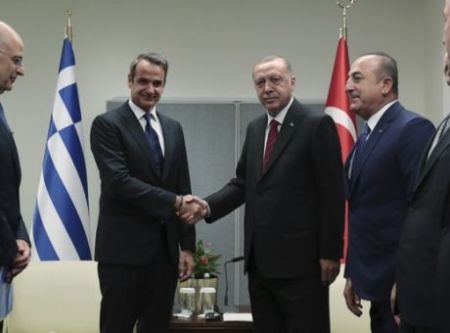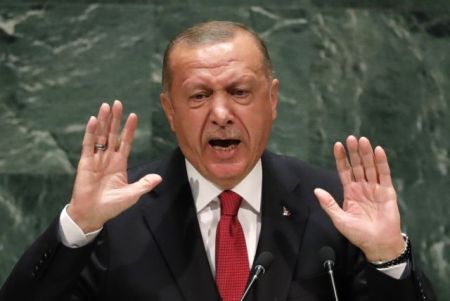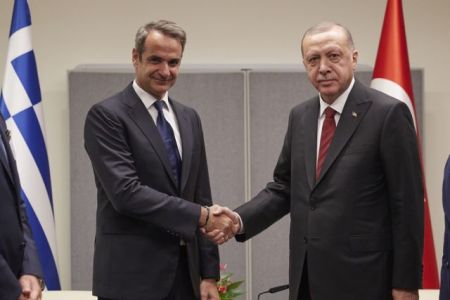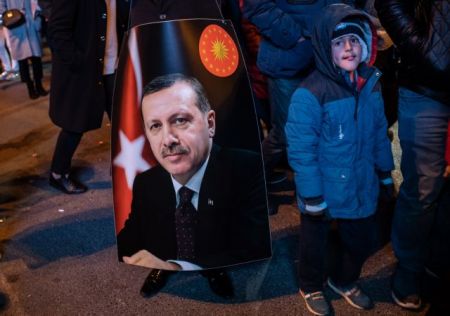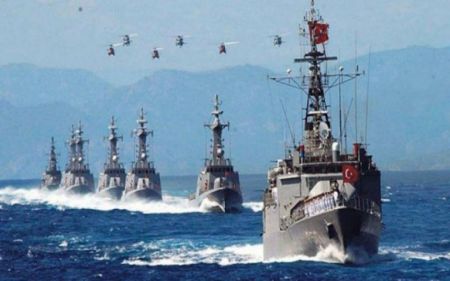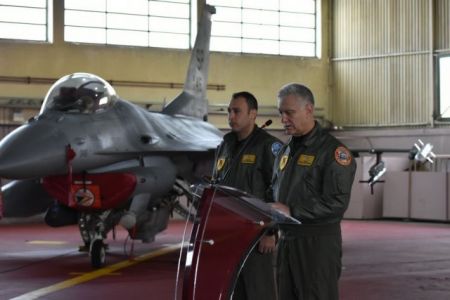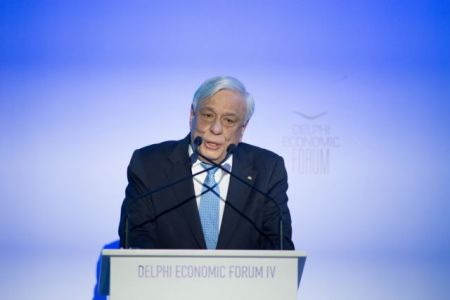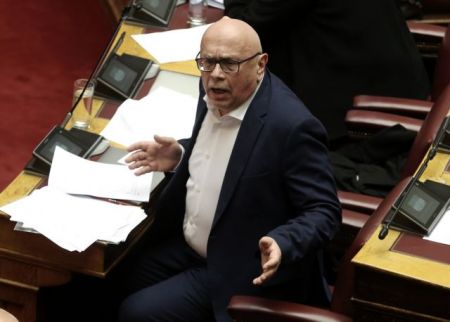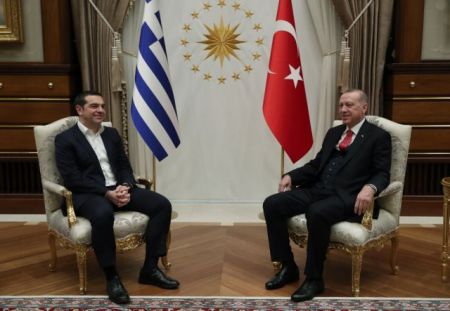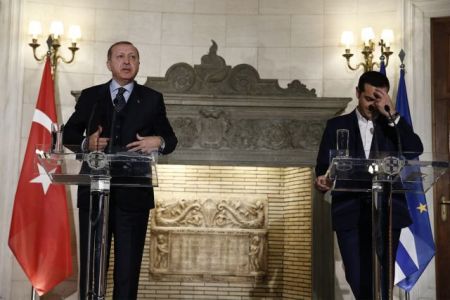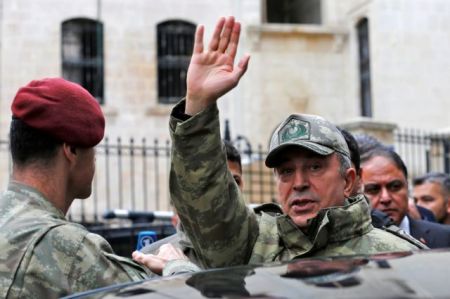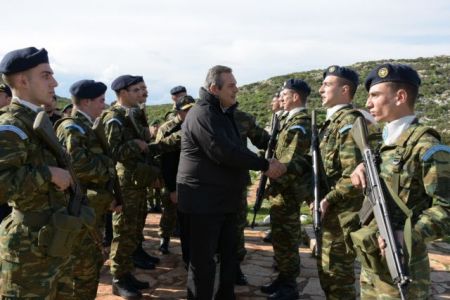Τελευταίες Ειδήσεις
-
ΕΦΚΑ: Σύνταξη και ένσημα στο κινητό
-
Το ΒΗΜΑ Σήμερα: Κλιματική κρίση και οικολογικό άγχος
-
Καιρός: Ερχεται κρύο διαρκείας από την Ουκρανία
-
ΣΥΡΙΖΑ: Εξίσωση με πολλούς αγνώστους η πορεία προς το συνέδριο
-
Γάζα: Το Ισραήλ βομβάρδισε πολυκατοικία – Τουλάχιστον 100 νεκροί
-
Φωτιά σε εργοστάσιο ανακύκλωσης στο Μαρκόπουλο
-
5 το πρωί: Η επίθεση κατά του Μπελέρη – Οι ποινές για την Μάνδρα – Ο Ολυμπιακός ξέσπασε στη Ρεάλ
-
Μια ώρα στο Οβάλ Γραφείο με τον Μπάιντεν
-
Τάσος Λειβαδίτης: Το πορτραίτο του σπουδαίου ποιητή
-
Νορβηγία: Τραμ εισέβαλε σε κατάστημα στο κεντρικό Όσλο – 4 τραυματίες
-
Οι ευρωβουλευτές της ΝΔ καταδικάζουν την επίθεση κατά του Φρέντη Μπελέρη στα Τίρανα
-
Σεισμόπληκτοι Αρκαλοχωρίου: Καταγγελία στον Συνήγορο του Πολίτη για την κυβερνητική αδράνεια
-
Ολυμπιακός – Ρεάλ 79-69: Ερυθρόλευκος θρίαμβος με ρεσιτάλ Βεζένκοβ και ΜακΚίσικ
-
Παναθηναϊκός: Τέλος ο Αλόνσο από τους πράσινους
-
Τελευταίο αντίο στην Τέρι Γκαρ
-
Λεωφόρος Βουλιαγμένης: Η εταιρεία «φάντασμα» που διοργανώνει τα πάρτι
-
Βύρωνας: Κρούσμα μηνιγγίτιδας σε σχολείο – Με τηλεκπαίδευση για δύο μέρες τα μαθήματα
-
Ομόλογα ΗΠΑ: Ξεπέρασε το 4,3% η απόδοση του δεκαετούς
-
Η κόντρα ΝΔ – ΠαΣοΚ για τη στέγαση
-
Δημοσκόπηση MARC: Σταθερά δεύτερο το ΠαΣοΚ – Πρωτιά Κασσελάκη στον ΣΥΡΙΖΑ
-
Μειώσεις τιμών στα σούπερ μάρκετ – Η λίστα με τα 362 προϊόντα
-
«Οι ομοφυλόφιλοι χειρότεροι από δολοφόνους» έλεγε φυλλάδιο που μοίραζε καθηγητής – Σε αναστολή με εντολή Πιερρακάκη
-
Καμίλα: «Λύγισε» ακούγοντας τον Κάρολο να περιγράφει τη μάχη του με τον καρκίνο
-
Αλέξης Γιαννούλιας: «Η ρητορική Τραμπ θέτει σε κίνδυνο ζωές στα εκλογικά κέντρα»
-
Forbes: Η αξία (σε δις) όλων των ομάδων του NBA
